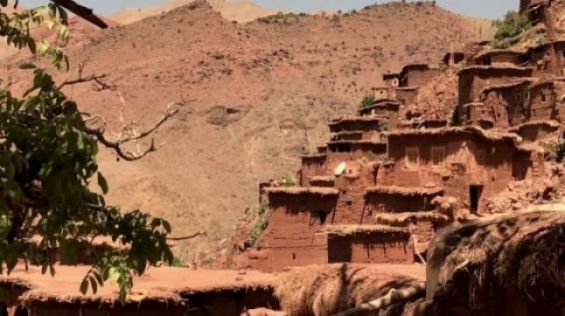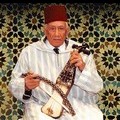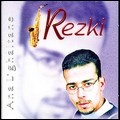This is the story of a Moroccan student called Mohamed, who is studying at the Moulay Slimane University in Beni Mellal. On Friday, the Times of Israel published an article about his story, highlighting the help he receives from retired American-Israeli tour guide Martha Rettig.
Her contribution is intended to help him continue his studies and provide for his village. The Israeli newspaper did not mention the name of the douar Mohamed comes from to protect him, but said that it was located in the High Atlas Mountains.
Mohamed has never met Martha Rettig in person. The first conversation between the two was carried through a Facebook page dedicated to indigenous groups in the country and in North Africa. «Many of these groups are struggling to gain cultural or political independence in areas where they don’t have official autonomy. Among those represented in the forum are ethnic Kurds, Armenians, and Berbers who, located across North Africa, often prefer to be called the Amazigh people», Times of Israel reports.
«Cultural resurgence within a society of ruling Arab elites»
The same source confirmed that the Israeli tourist guide sent several thousand dollars to Mohamed. The latter «uses the funds to purchase food, shoes, and warm clothing to distribute among the needy in his hometown. He also uses a portion to help offset the costs of his studies».
Martha Rettig says that she sends the money to the young Moroccan student because she «had a number of common values with people living in countries that many would consider hostile to Israel».
«I’m very pro-Israel myself, so I was on these forums, having these discussions, and then all of a sudden here’s this guy with an Arabic name talking about Zionism and how the Jews are the real inhabitants of the Land of Israel», Rettig said.
According to the newspaper, there exists today «a small but strong movement in Morocco to revive the region’s 5,000-year-old Amazigh language and culture. Within that movement, many identify with the modern State of Israel and the Jews, whom they see as having faced — and won — their own struggle to live independently in their ancestral homeland».
To Martha Rettig, «the Amazigh people’s ancient Jewish history and current struggle with an Arab majority may further entrench the connection between Amazigh and Jew in the movement’s mythology».
Rettig believes that «people with Amazigh roots make up more than 60 percent of Morocco’s 36 million citizens today», adding that «they have been excluded from wealth and leadership roles».
Israel and the Amazigh radical current
The ideas relayed by this former tourist guide are in line with the opinions previously held by the radical current of the Amazigh cultural movement, which had already lambasted the «intentional marginalization of the Amazigh component» in Morocco.
This trend was very present, especially in Moroccan universities, and is deemed in favor of Israel with some of its most famous figures have visiting Israel at the invitation of research centers of the Hebrew country.
A study published by the Moshe Dayan Center in August 2010 had evoked Israel's support for the radical movement within the Amazigh movement in Morocco and its role as a «gateway to normalization with Israel in a societal and political environment that refuses to normalize relations» with Tel Aviv.
The study considered that sponsoring Amazigh actors in Morocco is part of Israel's foreign policy in the region to combat hostile forces as opposed to «moderate» forces. «From an Israeli point of view, its relations with Rabat are an extension of its policy within its environment. Thus, supporting non-Arab actors in the Middle East aims to find a balance with the pressure of radical and hostile Arab states», the Moshe Dayan Center said.
This obviously does not concern all the activists of the Amazigh cultural movement, but part of the new generation of militants who go so far as to criticize the Arab presence in Tamazgha (North Africa), as well as the interest in Middle Eastern issues, including the Palestinian issues.





 chargement...
chargement...













